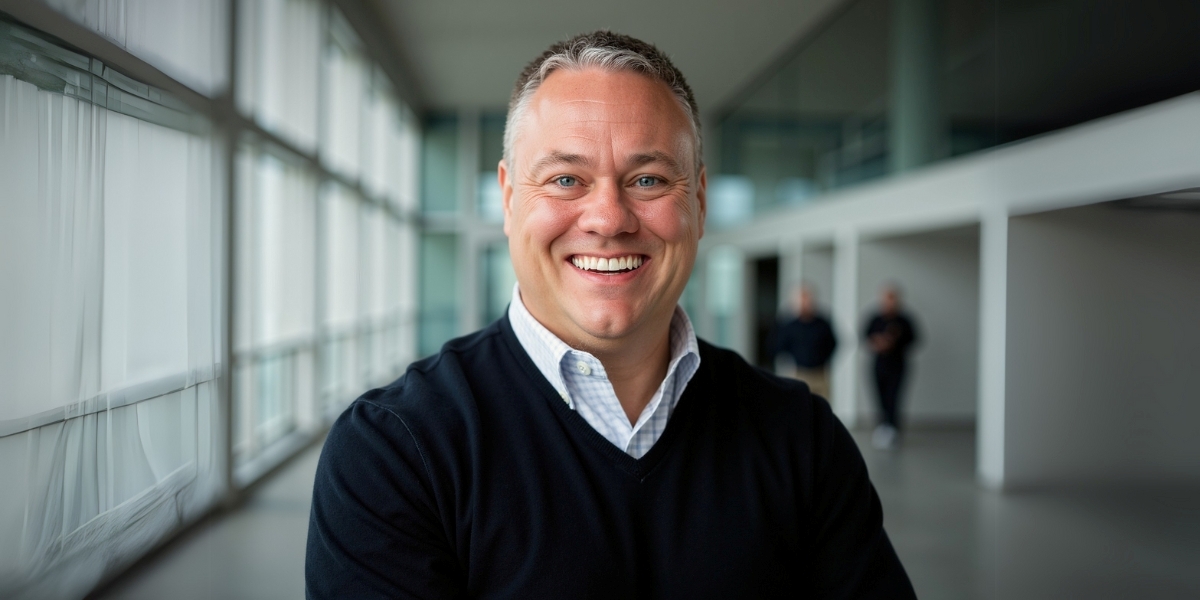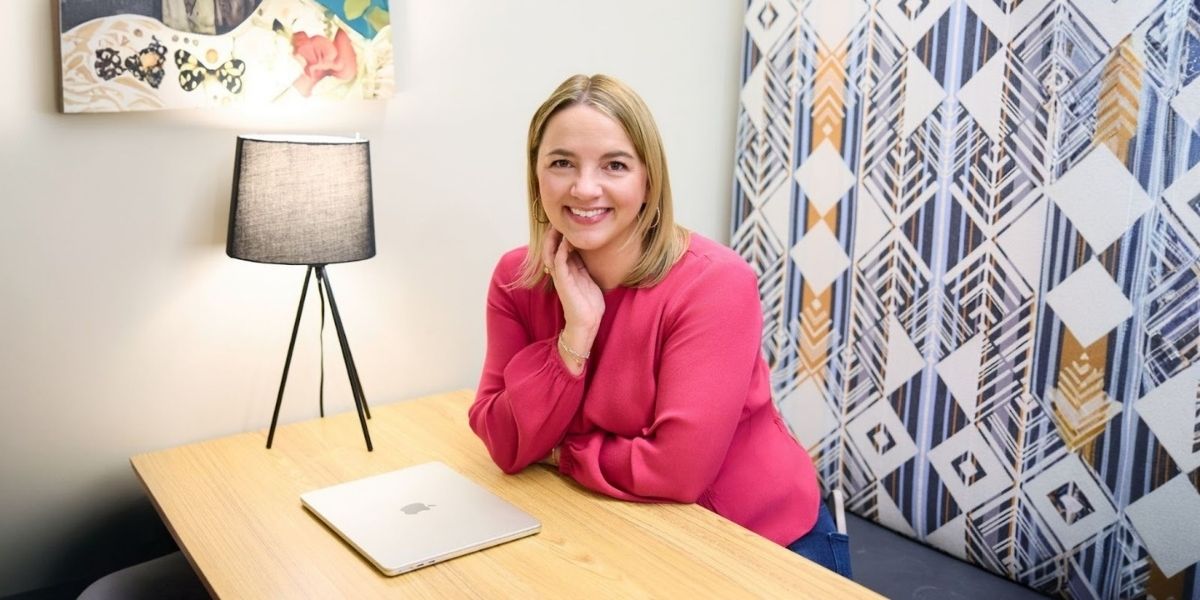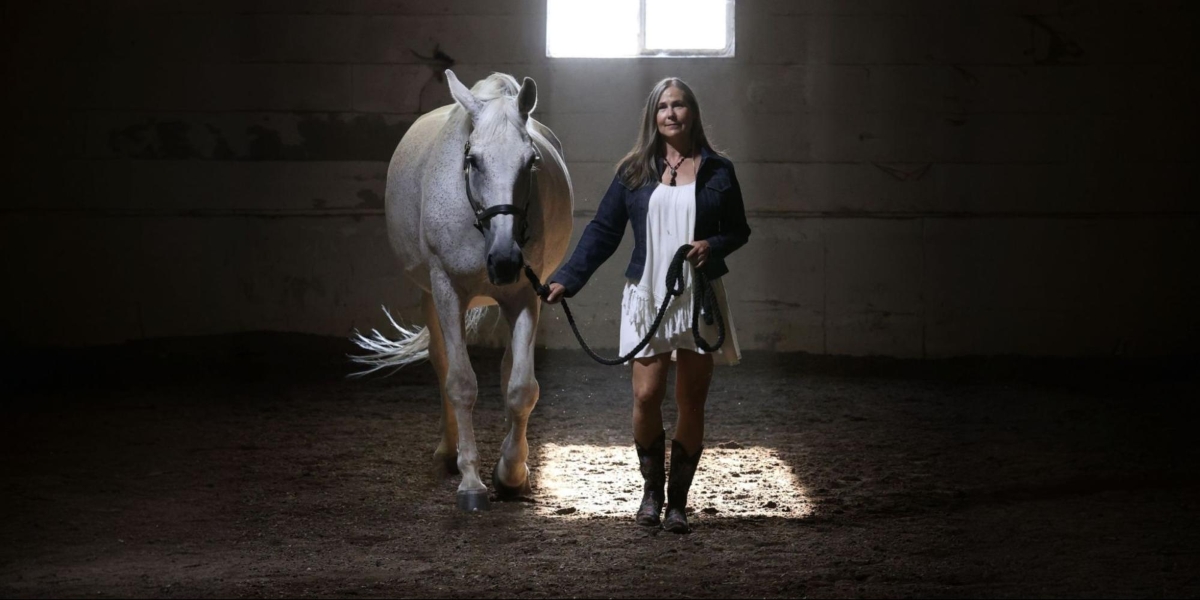By: Casey Morgan
Dave Fulk is an entrepreneur and business strategist focused on leadership development, customer satisfaction, and team dynamics. He believes in fostering meaningful connections and building sustainable success through clear communication, accountability, and resilience.
In this interview, Dave Fulk shares his insights on professional growth, decision-making, and leadership strategies in an evolving business landscape.
How do you stay ahead of ORM industry shifts and position yourself and Reputation Rhino for long-term success?
Staying ahead in ORM is all about being proactive, not reactive. The industry changes constantly—Google updates its algorithms, social media platforms shift, and AI is introducing new challenges. I keep up by staying plugged into what’s happening, testing strategies, and making sure I’m always thinking a few steps ahead.
A big part of it is prevention. It’s not just about fixing a bad reputation—it’s about making sure it doesn’t happen in the first place. I focus on building a strong, credible online presence that can stand up to anything. That means getting ahead of negative content before it even becomes an issue.
ORM isn’t just about search results anymore. Social media, PR, and digital branding all play a role. The strategy has to be multi-layered—ranking in search is important, but so is having a strong personal brand, credibility in your industry, and a presence in the right places.
Long-term thinking is the biggest differentiator. A lot of people want a quick fix, but reputation is built over time. The real success comes from a strategy that keeps delivering results years down the road.
What habits or mindset adjustments have had a significant impact on your growth as a leader?
The biggest shifts for me as a leader have come down to mindset and consistency. Extreme ownership changed everything. The moment I stopped blaming external factors and took full responsibility for every outcome—good or bad—I started seeing real growth.
I also shifted from being reactive to intentional—focusing on what truly moves the needle instead of mistaking busyness for progress. Delegating effectively was another major adjustment. Early on, I thought I had to do everything myself, but real leadership is about building the right team and empowering them.
Embracing discomfort has been key. Growth never happens in a comfortable space. Every time I’ve leveled up, it’s been because I leaned into challenges instead of avoiding them.
What’s your approach to making high-stakes decisions when the path forward isn’t clear?
When the path forward isn’t clear, I eliminate uncertainty as much as possible while still moving forward. The worst thing you can do is stay stagnant. I gather the right data, but I don’t wait for perfect information—there’s a point where more research won’t change the outcome.
One of the biggest game-changers for me has been asking better questions. Instead of rushing to a decision, I ask, “What would have to be true for this to work?” That question uncovers key assumptions, challenges biases, and forces me to consider different perspectives. Once I make a decision, I commit to it. Indecision is more damaging than making the wrong call. If it turns out to be the wrong move, I pivot quickly.
How do you assess and embrace new opportunities while filtering out distractions?
For me, assessing new opportunities comes down to alignment, impact, and focus. I ask, “Does this align with my bigger vision and goals?” Just because something is a good opportunity doesn’t mean it’s the right opportunity.
I also use the Hell Yes or Hell No rule—if I’m not immediately excited about it or it doesn’t create a clear advantage, it’s probably not worth pursuing. Too many people waste time chasing “maybes” instead of doubling down on what’s already working.
Another key factor is timing. Just because an opportunity is great doesn’t mean now is the right time to take it on. If it pulls me away from my core focus or slows momentum, it’s a no.
What role does failure play in your professional growth, and how do you use it to your advantage?
Failure has been one of the biggest catalysts for my growth—not something to avoid, but something to learn from and leverage. Every major breakthrough I’ve had in business and leadership has come on the other side of failure or setback.
Early on, I took failure personally, but I’ve learned that failure is just feedback. It shows me what’s working, what’s not, and where I need to adjust. I believe in failing fast and failing forward. The faster I identify what’s not working, the faster I can pivot.
Ego is another key factor—some of my biggest mistakes happened when I held onto a bad idea too long. When I remove personal attachment, it becomes easier to course-correct without hesitation.
What’s a business principle you once believed in but have since evolved your thinking on?
One business principle I used to believe in was hustle equals success. I thought working long hours and grinding non-stop was the key to winning. Over time, I realized hustle is a season, not a lifestyle. If you live in that mode forever, you burn out, make poor decisions, and limit your potential.
Success isn’t about how many hours you work; it’s about what you actually accomplish in those hours. I’ve shifted from working harder to working smarter—leveraging people and systems, prioritizing high-value tasks, and setting boundaries to protect my energy.
How do you build and sustain a strong, adaptable team in a fast-changing landscape?
Building and sustaining a strong, adaptable team comes down to clarity, culture, and empowerment. First, clarity is everything—everyone on the team needs to understand the purpose and vision, not just their tasks.
Culture is about what you tolerate. If you tolerate mediocrity, lack of accountability, or excuses, that becomes the culture. But if you set high standards, expect ownership, and foster a mindset of adaptability, you build a team that thrives in any environment.
I believe in hiring A-players—skills can be taught, but hunger, adaptability, and a drive for excellence can’t. I also give my team the freedom to make decisions and mistakes. We celebrate wins and learn from failures. A strong, adaptable team isn’t built on rigid processes—it’s built on clear purpose, ownership, and the ability to move fast without fear of failure.
What strategies do you use to maintain focus and productivity while managing multiple responsibilities?
Maintaining focus and productivity while managing multiple responsibilities comes down to discipline, prioritization, and eliminating distractions. I protect my time fiercely and don’t let my day get hijacked by low-value tasks.
I use a simple framework:
- What’s urgent vs. what’s important? Just because something demands attention doesn’t mean it deserves it.
- What’s high-impact vs. low-impact? If it’s not creating real results, it’s just noise.
- What can only I do, and what should be delegated? If I’m doing work someone else could handle, I’m operating below my level.
Eliminating distractions is also key. Multitasking is a myth—it creates mental clutter. I focus on one thing at a time, use timed work sprints, and create an environment that supports deep work.
What’s one lesson from your career that you believe every ambitious professional should understand early on?
One of the biggest lessons I’ve learned is you don’t get what you deserve, you get what you negotiate. Hard work, talent, and effort are important, but they don’t guarantee success. Too many people assume if they just put in the work, opportunities, promotions, and recognition will follow. That’s not how it works.
You have to advocate for yourself, position yourself strategically, and take control of your success. The sooner you realize this, the faster you’ll grow.
Dave Fulk’s insights on leadership, adaptability, and long-term growth offer valuable lessons for professionals looking to elevate their careers. His strategic approach to resilience, decision-making, and continuous learning serves as a guide for those seeking to navigate an ever-evolving business landscape. Thank you to Dave Fulk for sharing his experiences and expertise in this interview.
Published by Stephanie M.









